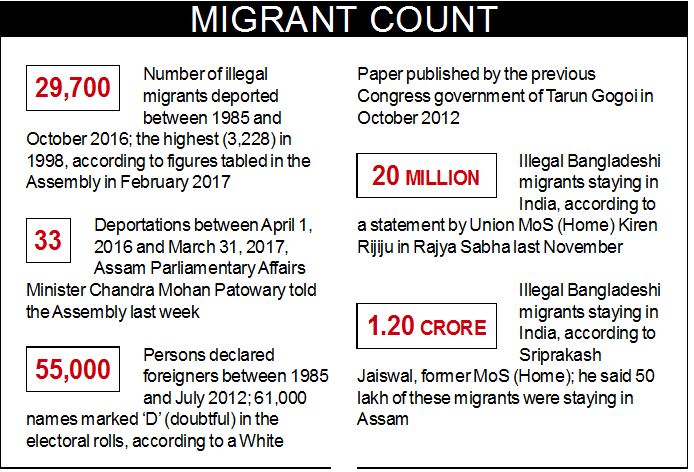7667766266
enquiry@shankarias.in
What is the issue?
What is the background of the issue?
What are for and against reasons for this section?

Source: Indian Express